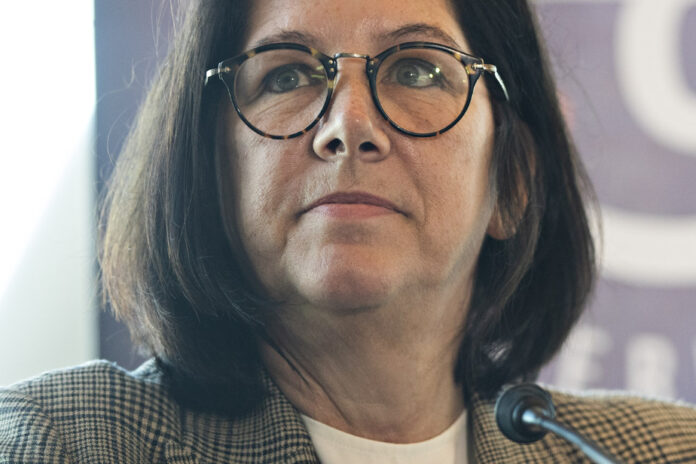(Quebec) The authors of a report commissioned by the Canadian Hockey League (CHL) about violent initiations in junior hockey were surprised “by the lack of interest” from league officials, who did not asked no questions about the findings of their investigation and took 14 months to release their recommendations.
On February 3, the Superior Court of Ontario dismissed a class action lawsuit filed by three plaintiffs on behalf of the 15,000 players who have played for 50 years in one of the teams of the Junior League of the West (WHL), Ontario Junior League (OHL) or Quebec Major Junior Hockey League (LHJMQ).
The judge refused to receive the class action for technical reasons, but he did not question the veracity of the testimonies. Among other things, it describes acts related to underage players who report sticks inserted into the anus, genital mutilation and victims being humiliated by being sprayed with urine or feces.
Faced with this request for collective action, the CHL mandated ex-player Sheldon Kennedy, former New Brunswick Premier Camille Thériault and ex-coach Danièle Sauvageau to assess the situation. Their report, submitted in the fall of 2020, noted a “systemic culture of abuse” and a “culture of silence” that prevents players from filing complaints. However, they were prohibited, as part of their mandate, from asking questions related to cases of sexual and physical assault.
When the authors of the report presented their findings to the CHL, “they were surprised by the lack of interest,” said Thériault on Wednesday, who was answering questions from Quebec parliamentarians responsible for studying the phenomenon of violent initiations. in the sports world.
“We weren’t asked any questions when we made the presentation [to the League],” he said.
“We had to stop debating whether or not there were issues of abuse in junior hockey. There are. We had to take action. For me, the disappointment […] was the non-urgent nature of the Canadian League to show people the work that had been done and the possible solutions to give them a hand,” added Mr. Thériault.
The co-author of the report, Danièle Sauvageau, was also unimpressed by the commitment made last month by former QMJHL commissioner Gilles Courteau. The latter said that his league wanted to implement a “locker room code” as of the 2023-2024 season, which anyone with access to the players’ locker room would have to respect to be admitted.
“The locker room code means it stays in the locker room. I think it takes a code of life that goes beyond the locker room to ensure that the behaviors that are going to be in the locker room are also going to be on the ice and off the ice,” she said.
Ms. Sauvageau, a former coach, also claimed that she had never witnessed violent initiations in women’s hockey.
In a parliamentary committee on Wednesday, the National Institute of Public Health of Quebec (INSPQ) pleaded for the establishment of a “major project” on violent behavior in the world of sport which would bring together both the players’ families, the education sector and the municipalities.
In its memoir, the INSPQ recalls that “violence often has terrible effects on the physical and mental health of those who suffer it” and that the latter “sometimes even pass on their wounds to their loved ones or their children”.
“Although acts of violence can be perpetrated by different types of people, it seems that the majority of interpersonal violence experienced by sportspeople or athletes comes from sportspersons’ or athletes’ peers (teammates or opponents) and occurs in different contexts, in particular […] in the context of sports initiations”, continue the public health experts.
“A meta-analysis of bullying and hazing experienced by athletes demonstrated that victims are at risk of developing physical and psychological health problems [such as] depression, anxiety, eating disorders, post-traumatic stress symptoms and suicidal ideation,” they added.
On Tuesday, in parliamentary committee, the acting commissioner of the QMJHL, Martin Lavallée, also affirmed that the League had launched an “independent investigation” into allegations of events “of a sexual nature” which would have occurred in the 1990s.
“When we were made aware of the situation, we went on a quest for information, which led us to set up an independent investigation to make sure we got to the bottom of it,” he said.















